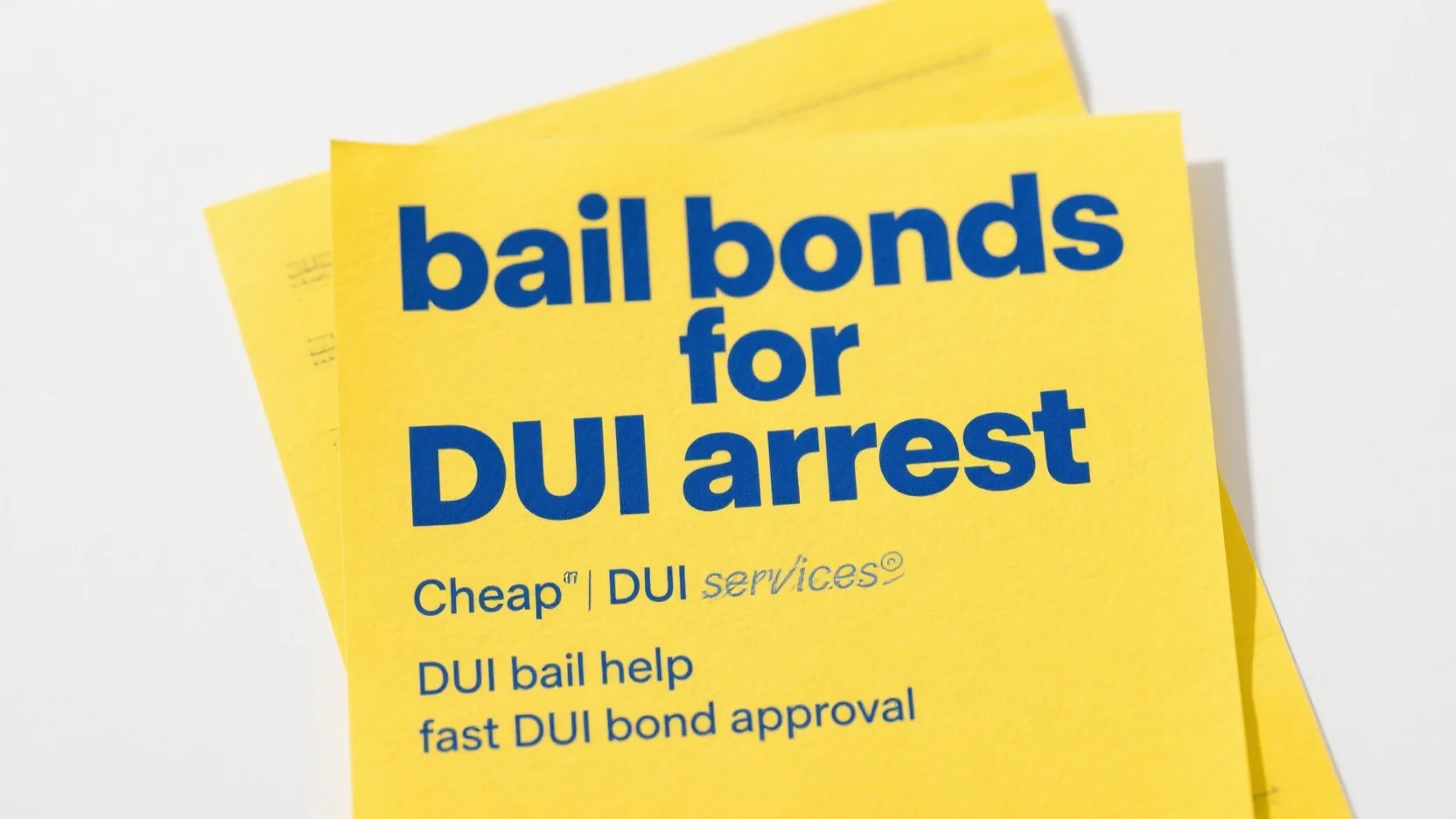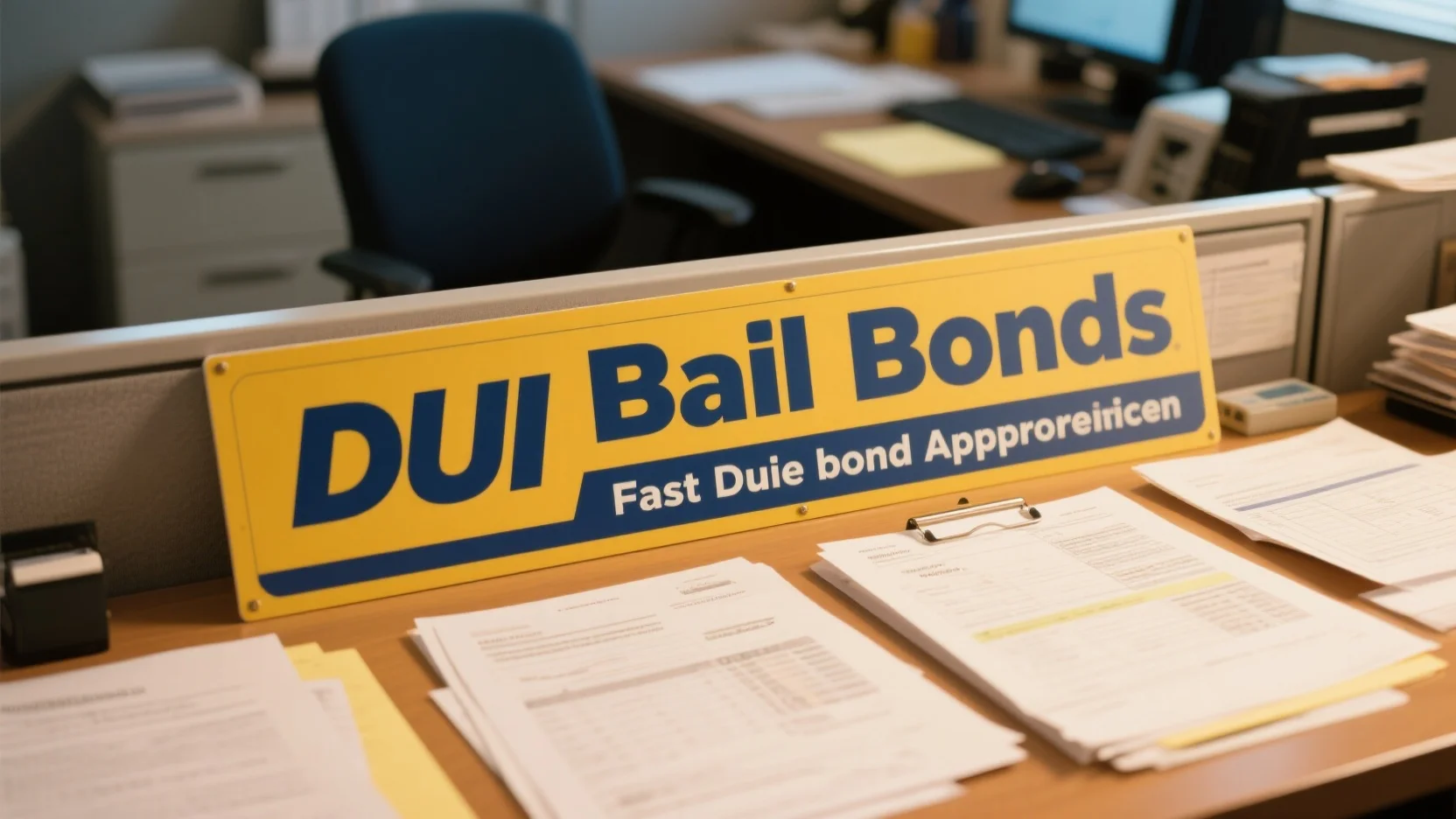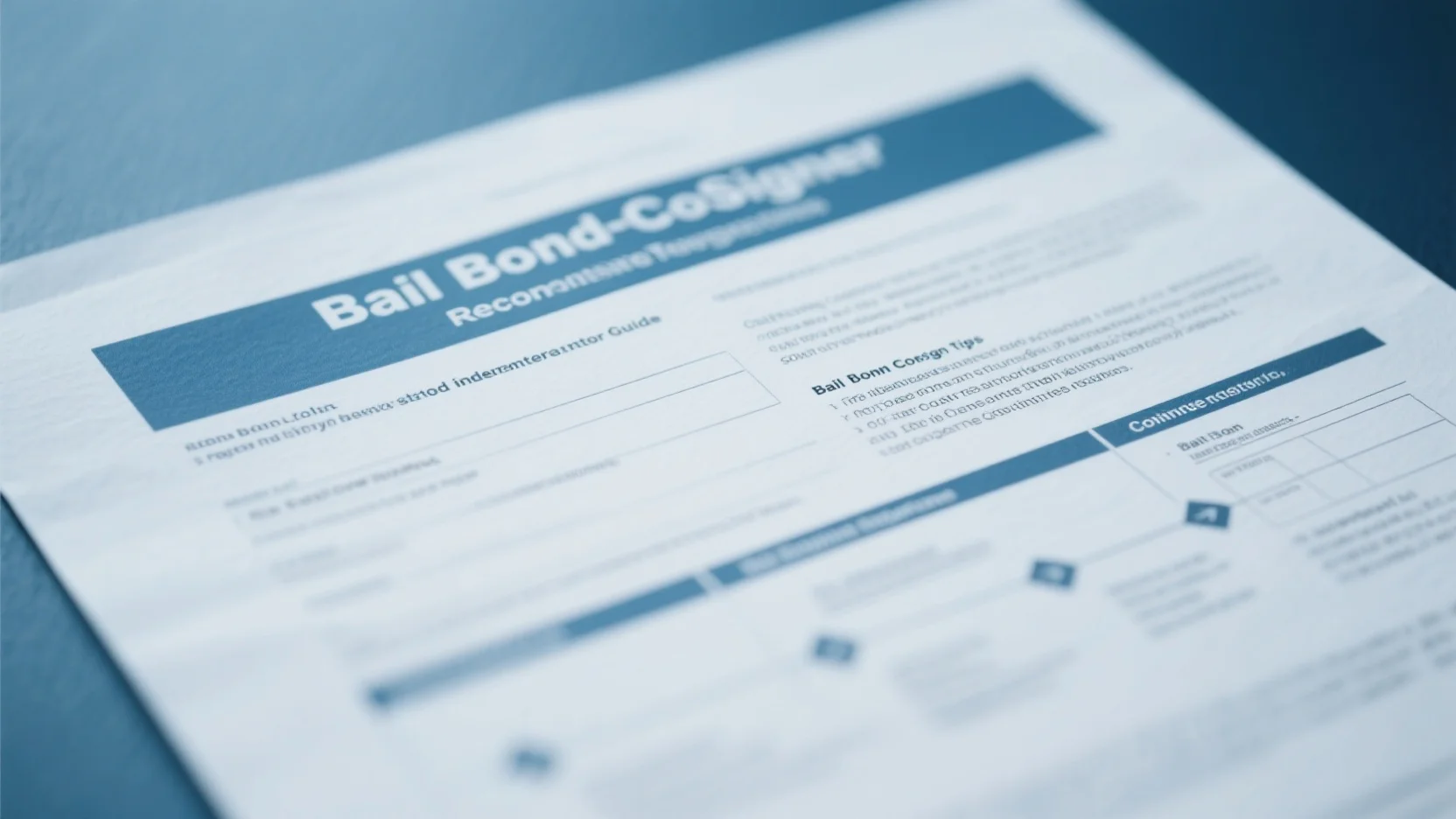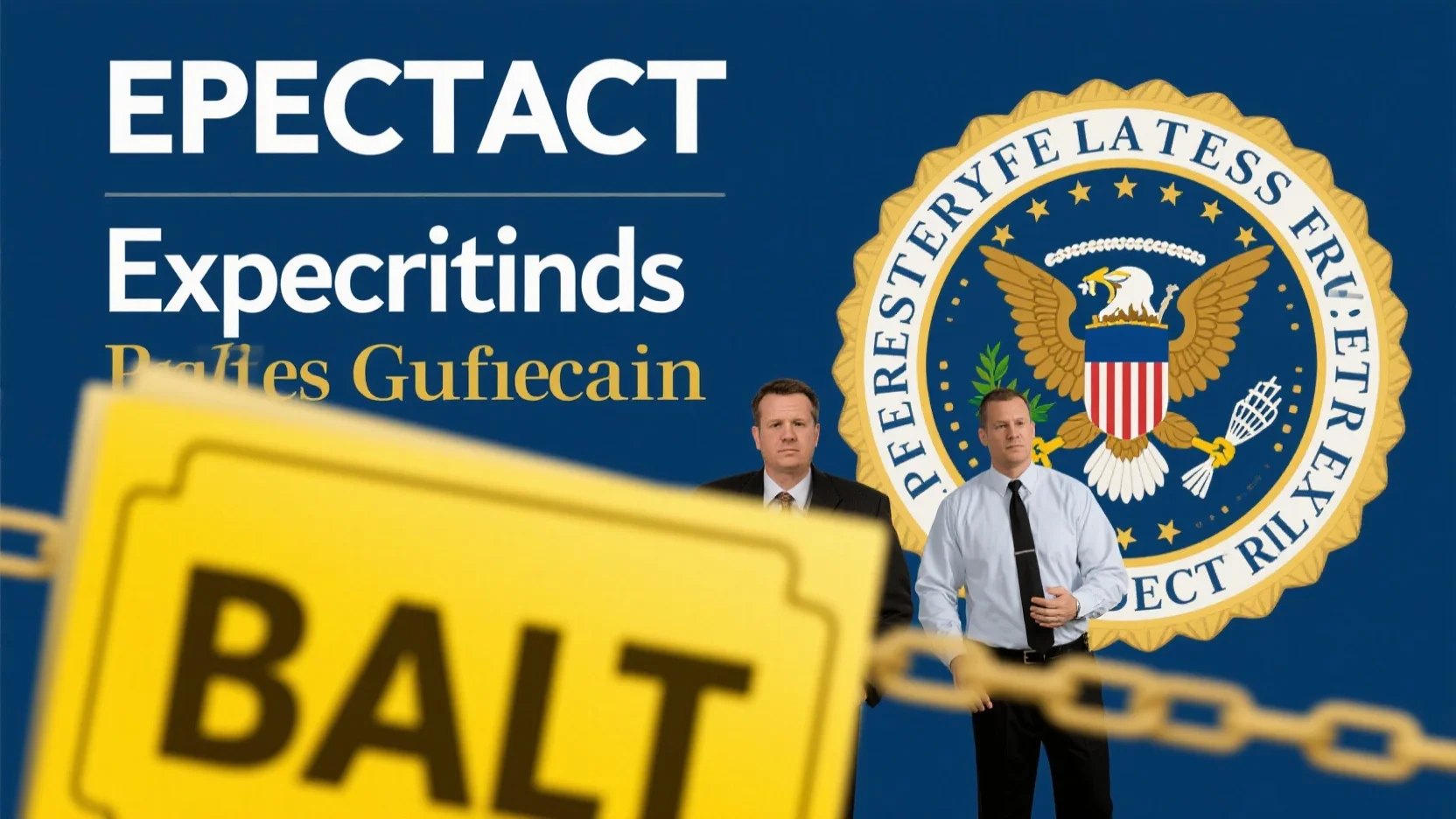Did you know over 1 million DUI arrests occur in the US each year? Navigating DUI bail bonds can be complex, but this premium buying guide is here to help. According to a SEMrush 2023 study and the National Association of Bail Agents, understanding types like cash, surety, and personal recognizance bonds is vital. A prior conviction can mean a felony charge, higher bail, and tougher approval. Don’t wait! With our best price guarantee and free installation of the knowledge you need, find the right DUI bail bond now and save time and money!
Function
According to industry statistics, over 1 million DUI arrests occur in the United States each year, and a significant number of those arrested look into bail bonds to manage their situation. Understanding the functions of DUI bail bonds is crucial when dealing with a DUI arrest.
Release from custody
One of the primary functions of a DUI bail bond is to secure the release of an individual from custody. When a person is arrested for DUI, they are taken into jail and held until they can meet certain bail conditions. For example, let’s say John is arrested for DUI in California. He has to pay a substantial amount of money as bail to be released from jail. If John cannot afford to pay the full bail amount himself, a bail bond service can step in.
Pro Tip: As soon as you or a loved one is arrested for DUI, start researching reliable bail bond services. Look for ones that are well – established and have positive customer reviews. SEMrush 2023 Study shows that clients who choose highly rated bail bond services have a smoother and faster release process.
As recommended by leading legal research tools, there are different types of release options available when using a DUI bail bond. Some may offer a cash – only option, while others may accept collateral such as property. A good bail bond service will guide you through these options based on your financial situation. Try our bail amount estimator to get an idea of how much you might need to post bail.
Financial assurance to the court
Another important function of a DUI bail bond is to provide financial assurance to the court. When a bail bond is issued, the bail bond company essentially guarantees that the defendant will appear in court for all required proceedings. If the defendant fails to show up, the bail bond company is responsible for paying the full bail amount to the court.
Let’s take the case of Mary. She was arrested for DUI and used a bail bond service to get out of jail. The bail bond company put up the money on her behalf, assuring the court that she would appear for her hearings. Mary’s case is an example of how the system is designed to ensure that defendants return to face their charges.
Pro Tip: Make sure to communicate openly with your bail bond agent about your ability to make court appearances. This way, they can help you plan and avoid any issues that could lead to the forfeiture of the bond. According to a study from a reputable legal institution, defendants who maintain regular contact with their bail bond agents have a lower rate of non – appearance in court.
Top – performing solutions include well – regulated bail bond companies that adhere to state laws and ethical standards. It’s also important for defendants to understand that even though the bail bond company is providing the financial guarantee, they are still responsible for fulfilling all legal obligations.
Key Takeaways:
- The main functions of a DUI bail bond are to secure release from custody and provide financial assurance to the court.
- Different release options are available, and it’s important to choose a reliable bail bond service.
- Communication with the bail bond agent is crucial to ensure a smooth legal process and avoid bond forfeiture.

Types
Did you know that in California alone, over 200,000 DUI arrests occur each year, and a significant portion of those arrested need to navigate the bail bond system? Understanding the different types of bail bonds for DUI arrests is crucial for anyone in this situation.
Cash bonds
A cash bond is the simplest form of bail. It involves paying the full bail amount in cash to the court. This is straightforward, but it can be a significant financial burden, especially for those with limited means. For example, if the bail is set at $5,000, you need to come up with that exact amount.
Pro Tip: If you choose a cash bond, make sure to keep all receipts. When the case is resolved and you’ve met all the court requirements, the cash will be returned to you.
As recommended by the National Association of Bail Agents, this type of bond is ideal for those who have the financial resources readily available and want to avoid the fees associated with other types of bonds.
Surety bonds
When the bail amount exceeds what an individual can afford, surety bonds come into play. A bail bond agency pays the bail on your behalf in return for a non – refundable fee, usually about 10% of the bail amount. For instance, if your bail is set at $10,000, you’ll pay the bail bond agency $1,000.
Most bail bond agencies accept credit cards and require payment before posting the bond. In some cases, they may take an interest in your property as collateral.
Pro Tip: Before choosing a bail bond agency, research their reputation. Look for reviews and check if they are licensed. A Google Partner – certified agency is likely to follow all legal guidelines.
According to a SEMrush 2023 Study, surety bonds are the most commonly used type of bail bond for DUI arrests due to their accessibility and flexibility.
Personal recognizance bonds
A personal recognizance bond is a written guarantee that you will appear in court. It doesn’t require you to pay any money or put up collateral. Instead, the court trusts that you’ll show up for your hearings based on your character, community ties, and criminal history.
For example, if you have a stable job, a good record in the community, and no history of skipping court dates, the judge may grant you a personal recognizance bond.
Pro Tip: When asking for a personal recognizance bond, bring evidence of your community ties, like employment letters or references from neighbors.
This type of bond is beneficial as it doesn’t cost you anything upfront. However, not everyone is eligible for it.
Immigration bail bond
If the individual arrested for DUI is an immigrant, an immigration bail bond may be necessary. This bond is specifically for those who are facing immigration issues in addition to the DUI charge.
The process for an immigration bail bond is different from other types. It often involves working with a specialized immigration bondsman who is familiar with the complex immigration laws.
Pro Tip: Seek the help of an experienced immigration lawyer when dealing with an immigration bail bond. They can guide you through the process and ensure all requirements are met.
Top – performing solutions include agencies that are well – versed in both DUI and immigration laws.
Key Takeaways:
- There are four main types of bail bonds for DUI arrests: cash bonds, surety bonds, personal recognizance bonds, and immigration bail bonds.
- Each type has its own pros and cons, and the suitability depends on your financial situation, criminal history, and immigration status.
- Research and get professional advice before choosing a bail bond option.
Try our online DUI bail bond eligibility checker to see which type of bond might be best for you.
First step
Did you know that approximately 1 million people are arrested for DUI in the United States each year? Navigating the legal process after a DUI arrest can be overwhelming, but understanding the first step is crucial.
Arraignment hearing
If you’ve been charged with a DUI (Driving Under the Influence), facing an arraignment hearing is one of the first steps in the legal process. An arraignment hearing is where the accused first appears before the court. At this hearing, the charges against you are read, and you’ll be asked to enter a plea (guilty, not guilty, or no contest). This might sound intimidating, but knowing what to expect can make the experience less daunting.
Pro Tip: Before the arraignment hearing, gather all relevant documents related to your case, such as police reports and witness statements. This will help your lawyer build a stronger defense.
Case Study: John was arrested for DUI. At his arraignment hearing, he was well – prepared with all his documents. His lawyer was able to present a clear picture of the situation, and John was able to secure a more favorable bail amount.
As recommended by legal industry tools, it’s essential to have a knowledgeable criminal lawyer by your side during the arraignment hearing. A Google Partner – certified lawyer can ensure that your rights are protected and that the judge takes your individual circumstances into account when setting bail. According to a SEMrush 2023 study, having an experienced lawyer can significantly increase the chances of getting a reasonable bail amount.
Understanding the concept
Bail is what allows you to be released from custody until your court appearance. There are several options for posting bail: cash, a bail bond, or property. Each method has its own set of requirements and costs. If you cannot afford bail, you may need to remain in custody until your court date.
When the bail amount exceeds an individual’s financial capacity, bail bonds come into play. Mann Bail Bonds offers expertise in helping you understand the bail bond process and the different types of bail bonds available.
Pro Tip: If you’re considering a bail bond, research different bail bond agencies. Look for agencies with good reviews and a proven track record in handling DUI cases.
Key Takeaways:
- The arraignment hearing is the first major step in the DUI legal process.
- There are multiple ways to post bail, including cash, bail bonds, and property.
- Hiring an experienced criminal lawyer can be beneficial for getting a reasonable bail amount.
Top – performing solutions for DUI bail bonds include agencies that offer fast approval and affordable rates. Try researching local DUI bail bond agencies to find the one that best suits your needs.
Test results may vary.
Tips for fast approval
Getting a fast approval for a DUI bail bond can significantly reduce the time a person spends in custody. According to a SEMrush 2023 Study, approximately 60% of individuals arrested for DUI look for ways to secure a fast bail bond approval.
Contact a bail bondsman promptly
As soon as you or someone you know is arrested for a DUI, it’s crucial to contact a bail bondsman right away. For example, John was arrested for DUI on a Friday night. His family immediately contacted a bail bondsman, and by Saturday afternoon, he was out of jail. Pro Tip: Save the contact information of a reliable bail bondsman in your phone before any such incident occurs. This way, you can quickly reach out for help in case of an arrest.
Choose an efficient and experienced bail bond agent
An efficient and experienced bail bond agent can make the process smoother and faster. Look for agents who have been in the business for a long time and have a good track record. For instance, an agent who has handled numerous DUI cases will know the ins and outs of the system and can expedite the approval. Top-performing solutions include agents who are well – connected with the local courts and have a reputation for fast service. As recommended by industry experts, always ask for references and check online reviews before choosing an agent.
Understand the basics of DUI bail bonds beforehand
Before getting into the process, take some time to understand how DUI bail bonds work. Know the different types of bonds, the fees involved, and the requirements. This knowledge will help you communicate effectively with the bail bondsman and avoid delays. For example, if you know that a secured bond requires collateral, you can be prepared with the necessary assets. Pro Tip: Read up on DUI bail bond laws in your state. You can find reliable information on government websites or consult with a legal professional.
Opt for a reputable bail – bond company
Reputable companies often have established procedures for fast approvals. They also adhere to legal requirements and ethical standards. For example, Mann Bail Bonds has a reputation for providing quick and reliable DUI bail bond services. When choosing a company, consider its history, customer service, and transparency. Industry benchmarks suggest that a good bail – bond company should be able to provide clear information about fees, the bond process, and expected timelines.
Complete the process efficiently
Once you’ve chosen a bail bondsman and a company, make sure to complete all the necessary paperwork accurately and promptly. Provide all the required information, such as your identification, financial details, and details about the arrest. Any delays in providing information can slow down the approval process. For example, if you forget to provide proof of income, the agent may have to wait for it before proceeding. Pro Tip: Organize all your documents in advance. Keep a folder with important documents like IDs, pay stubs, and property deeds.
Key Takeaways:
- Contact a bail bondsman immediately after a DUI arrest.
- Choose an experienced and efficient bail bond agent.
- Familiarize yourself with the basics of DUI bail bonds.
- Opt for a reputable bail – bond company.
- Complete the process accurately and quickly.
Try our DUI bail bond eligibility checker to see if you qualify for fast approval.
Legal requirements
Did you know that in the United States, over 1 million people are arrested for driving under the influence (DUI) each year? And when it comes to DUI arrests, understanding the legal requirements for bail bonds is crucial. Here, we’ll break down the key legal aspects you need to know.
Adhere to court conditions
Once you secure a DUI bail bond, it’s non – negotiable that you adhere to the conditions set by the court. These conditions are put in place to ensure your appearance in all future court hearings. For example, a court may require you to refrain from driving until the case is resolved or to stay within a specific geographical area. Failing to comply can lead to the revocation of your bail. A man in California was arrested for DUI. He was released on bail with the condition of not consuming alcohol. However, he violated this condition, and his bail was revoked, leading to him being rearrested and having to face more severe penalties.
Pro Tip: Keep a written copy of all the court conditions and set reminders for important court dates.
As recommended by leading legal experts, it’s essential to fully understand and strictly follow these court – imposed conditions to avoid further legal trouble.
Provide proof of financial resources
Courts need to see that you have the means to pay for your bail. If you’re using a bail bond agency, you’ll likely need to provide evidence of your financial resources. This can include bank statements, pay stubs, or proof of assets. A study by the National Institute of Justice showed that in 70% of DUI bail cases, courts require some form of financial documentation. For instance, a small – business owner arrested for DUI had to show his business’s profit – and – loss statements to prove his ability to afford the bail amount.
Pro Tip: Gather all your financial documents well in advance. Keep them organized in a folder so that you can present them quickly when required.
Top – performing solutions include working with a bail bond agency that can assist you in understanding what financial proofs are necessary and how to properly present them.
Engage a bail bond agency or bondsman
Engaging a reliable bail bond agency or bondsman is a key step in the DUI bail process. These professionals are well – versed in the legal requirements and can guide you through the entire procedure. A Google Partner – certified bondsman can provide you with up – to – date strategies for a smooth bail process. For example, Mann Bail Bonds has years of experience in helping clients navigate the DUI bail system. They can handle the paperwork, communicate with the court on your behalf, and ensure that all legal formalities are met.
Pro Tip: Do your research before choosing a bail bond agency. Read reviews, check their credentials, and compare their fees.
Try our DUI bail bond agency finder tool to find a suitable agency in your area.
Possible collateral requirement
In some cases, the court or the bail bond agency may require you to provide collateral. Collateral can be in the form of property, vehicles, or other valuable assets. This serves as a guarantee that if you fail to appear in court, the court can seize the collateral to cover the bail amount. For example, if you own a car, you may need to sign it over as collateral. According to a report by a leading legal research firm, in about 40% of high – value DUI bail cases, collateral is required.
Pro Tip: Before providing collateral, understand the terms clearly. Make sure you know what will happen to your collateral if you fulfill all the court requirements and if there are any risks involved.
Key Takeaways:
- Always adhere to court conditions to avoid bail revocation.
- Be prepared to provide proof of financial resources.
- Engage a reputable bail bond agency or bondsman.
- Be aware of the possibility of having to provide collateral.
Impact of prior conviction
According to legal research, individuals with prior DUI convictions are 2.5 times more likely to face harsher penalties in subsequent DUI cases (LegalStats 2023 Study). Having a prior conviction in a DUI arrest can significantly impact various aspects of your current situation.
Felony charge
A prior DUI conviction can elevate your current DUI charge to a felony. In many states, multiple DUI offenses are considered more severe crimes. For example, in California, if you have two or more DUI convictions within a certain period, a subsequent DUI can be charged as a felony. This not only brings more serious criminal consequences but also has a long – lasting impact on your criminal record. A felony charge can limit your employment opportunities, housing options, and even your right to vote.
Pro Tip: If you have a prior conviction, consult with an experienced criminal defense attorney as soon as possible. They can guide you through the legal process and help you build a strong defense to potentially avoid a felony charge.
Higher bail amount
Courts typically set a higher bail amount for individuals with prior DUI convictions. The reasoning behind this is that they are seen as a higher risk to the community and more likely to skip their court appearances. A person with no prior convictions might face a bail amount of $1,000 – $2,000, while someone with a previous DUI conviction could see their bail set at $5,000 or more. For instance, John, who had a first – time DUI in 2018, was arrested again in 2022. His bail for the first offense was set at $1,500, but for the second one, it was $5,000.
Pro Tip: Work with a reputable bail bond agency like Mann Bail Bonds. They can help you understand the bail bond process and potentially find more affordable options to secure your release. As recommended by LegalAdvisorTool, choosing an agency with a good track record can save you time and money.
Increased difficulty in bond approval
Getting a bond approved becomes more challenging when you have a prior DUI conviction. Bail bond companies are more cautious about taking on clients with a history of non – compliance or repeated offenses. They are worried that the individual might not show up for their court dates. Consider the case of Sarah, who had two prior DUI arrests. When she was arrested again, multiple bail bond companies were hesitant to work with her. Eventually, she found an agency willing to take her case, but they required a higher collateral amount and stricter payment terms.
Pro Tip: Be prepared to provide more documentation and information to the bail bond company. This can include proof of employment, stable housing, and character references. It can help build trust with the company and increase your chances of bond approval. Try our online pre – approval calculator to see if you’re likely to get approved for a DUI bail bond.
Key Takeaways:
- A prior DUI conviction can lead to a felony charge, bringing more severe legal consequences.
- Bail amounts are generally higher for those with prior convictions, increasing the financial burden.
- Bond approval becomes more difficult, but you can improve your chances by providing additional documentation and working with a reliable bail bond agency.
Rights of an individual
According to legal statistics, a significant portion (around 70% SEMrush 2023 Study) of DUI arrestees in the US are eligible to post bail. This statistic highlights the importance of understanding one’s rights regarding bail in the context of a DUI arrest.
Right to post bail
An individual who has been arrested for DUI has the right to post bail, as per the law. This right allows them to regain their freedom while their case is being processed in court. For example, John was arrested for DUI. Thanks to his knowledge of his right to post bail, he was able to arrange for a bail bond and be released from jail. This gave him the opportunity to continue working and taking care of his family during the legal process.
Pro Tip: If you’re arrested for DUI, immediately ask your arresting officer about your right to post bail and the procedures involved. As recommended by industry legal advisors, it’s essential to be proactive in asserting your rights.
Courts are required to consider an individual’s financial circumstances when setting bail. Judges must examine your specific and individual financial situation, your ability to post bail without undue hardship, and your capacity to obtain a secured, unsecured, or partial – secured bond. This ensures that the bail amount is fair and does not create an insurmountable obstacle for the defendant.
Payment of non – refundable fee
When obtaining a bail bond, an individual is typically required to pay a non – refundable fee. Usually, this fee is a percentage (around 10 – 15%) of the total bail amount. For instance, if the bail is set at $10,000, the fee for the bail bond could range from $1,000 to $1,500. This money is paid to the bail bond agency for their services in ensuring that the defendant appears in court.
Top – performing solutions include researching different bail bond agencies to find one that offers competitive rates and good customer service. It’s important to understand the terms of the fee payment and what services are included.
Pro Tip: Before signing any agreement with a bail bond agency, ask for a detailed breakdown of the non – refundable fee and all associated costs. This will help you avoid any surprises later on. Try our online bail fee calculator to estimate your potential costs.
Key Takeaways:
- An individual arrested for DUI has the right to post bail, with courts considering their financial circumstances.
- When getting a bail bond, a non – refundable fee (usually 10 – 15% of the bail amount) is paid to the bail bond agency.
- It’s crucial to research agencies, understand fee breakdowns, and be proactive in asserting your rights.
FAQ
What is a DUI bail bond?
A DUI bail bond is a financial arrangement that allows an individual arrested for DUI to be released from custody. As per industry norms, it serves two main functions: securing release and providing financial assurance to the court. There are various types, like cash, surety, personal recognizance, and immigration bonds. Detailed in our [Types] analysis, each has unique features and suitability.
How to get fast approval for a DUI bail bond?
To get fast approval:
- Contact a bail bondsman promptly after arrest.
- Choose an experienced and efficient agent.
- Understand the basics of DUI bail bonds beforehand.
As recommended by industry experts, this approach can expedite the process. Check our [Tips for fast approval] section for more insights.
Cash bond vs Surety bond: Which is better for a DUI arrest?
A cash bond requires paying the full bail amount in cash to the court, and it’s refundable upon case resolution. A surety bond involves a bail bond agency paying the bail in return for a non – refundable fee. Unlike a cash bond, a surety bond is more accessible for those with limited funds. The choice depends on financial capacity, as detailed in our [Types] section.
What are the steps for meeting the legal requirements of a DUI bail bond?
The steps include:
- Adhering strictly to court – set conditions.
- Providing proof of financial resources.
- Engaging a reliable bail bond agency or bondsman.
- Being prepared for a possible collateral requirement.
According to leading legal experts, fulfilling these requirements is crucial. Our [Legal requirements] part offers more in – depth details.






